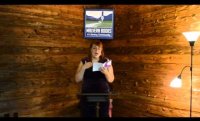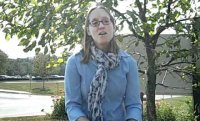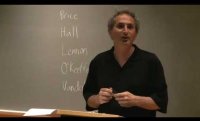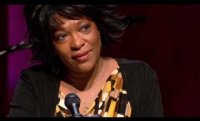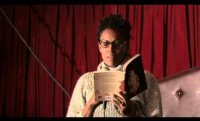Call Me Libertad: Poems Between Borders
Christina Fialho is an attorney and cofounder/executive director of Community Initiatives for Visiting Immigrants in Confinement (CIVIC). In the fall of 2015, she invited P&W–supported writer Alicia Partnoy to lead a writing workshop at the CIVIC annual retreat, and in this blog she shares about the resulting anthology Call Me Libertad: Poems Between Borders, which collects writing and artwork by people in immigration detention, and their family members and allies. Fialho also blogs for the Huffington Post, and her writings have appeared in MSNBC.com, the Washington Times, the Hill, among other publications. She has produced an award-winning documentary and non-narrated shorts, which have appeared on NPR and in the Ambulante Film Festival in Mexico. She has received fellowships from Echoing Green and the Rockwood Leadership Institute. Fialho serves on the Board of the ACLU of Southern California.

Twenty years ago on April 24, 1996, President Bill Clinton signed into law the Antiterrorism and Effective Death Penalty Act, ushering in an era of mass detention and deportation of immigrants. A few months later, the president signed the Illegal Immigration Reform and Immigrant Responsibility Act. Together, these laws doubled the number of people in U.S. immigration detention from 8,500 each day in 1996 to 16,000 in 1998. The immigration detention system is now a multibillion dollar industry that detains 34,000 people per day and enriches private prison corporations and local governments at taxpayer expense.
Call Me Libertad: Poems Between Borders, which I coedited with Alicia Partnoy and Kristina Shull, is the first book to combine the voices of people in immigration detention with their family members and allies to give unprecedented insight into immigration detention. This multilingual book of poetry and art grew out of a writing workshop taught by P&W–supported poet and memoirist Alicia Partnoy for the organization CIVIC. The authors include Sylvester Owino (who spent nine years in detention), Eldaah Arango (whose father was detained and deported), and Katherine Weathers (who visits people in immigration detention).
"Writing about the abuses against us was the only way to let it out, slowly, so slowly. It is still coming out," writes Owino. The suffering that millions of immigrants have experienced in U.S. immigration detention over the last twenty years cannot be justified. This book, published by CIVIC, is an effort to liberate our political imagination so that we may build together a country without immigration detention. Reserve your copy here.
Photo: Call Me Libertad: Poems Between Borders anthology cover design by Art24 photography and design with art by Marcela Castro.
Major support for Readings & Workshops in California is provided by the James Irvine Foundation and the Hearst Foundations. Additional support comes from the Friends of Poets & Writers.





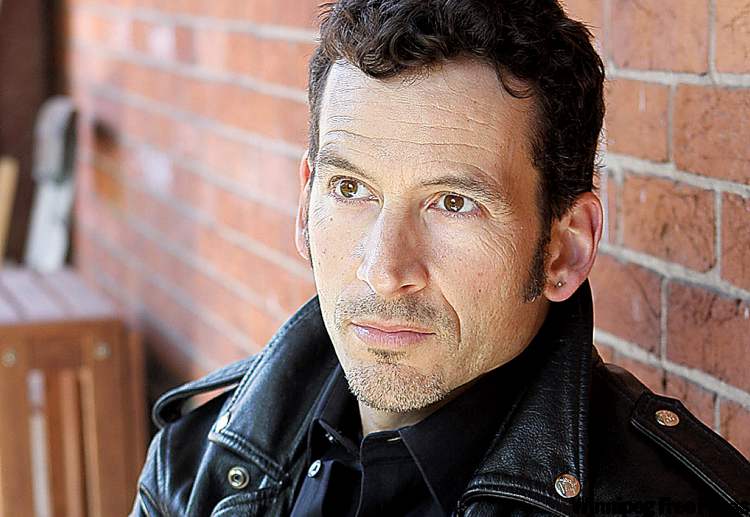 Writers who have not yet published a full-length poetry collection are eligible. Submit no more than three poems of up to 60 lines each with a $30 entry fee, which includes a one-year subscription to the Malahat Review, by May 1. The winner will be announced in July and interviewed for the review’s monthly e-newsletter and website. Submissions can be made via e-mail to
Writers who have not yet published a full-length poetry collection are eligible. Submit no more than three poems of up to 60 lines each with a $30 entry fee, which includes a one-year subscription to the Malahat Review, by May 1. The winner will be announced in July and interviewed for the review’s monthly e-newsletter and website. Submissions can be made via e-mail to 